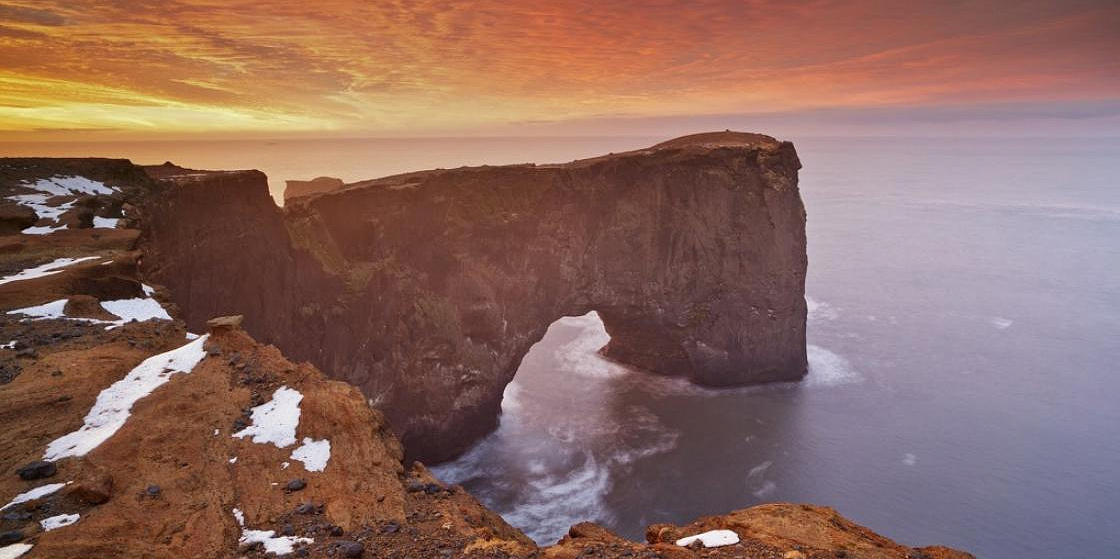
Photo: Fortunato Gatto/GeoPhoto.ru
The Eastern Economic Forum Setting Trends for the Russian Arctic and Far East
Today, the 6th Eastern Economic Forum, one of Russia’s major platforms for discussing the Far Eastern and Arctic agendas, kicked off in the city of Vladivostok. This year’s event is themed “Opportunities for the Far East in a World under Transformation”. Here are the top Arctic topics of the forum:
- President Putin chaired a session on social and economic development of the Russian Far East. In terms of strategic planning in the region, he suggested shifting from short-term policies to setting more ambitious long-term goals and objectives. According to the head of state, Russia’s Far Eastern strategy should prioritize launching large projects, stimulating population growth and improving the quality of life in the regions concerned.
- Arctic hydrocarbons are an important asset of Russia. According to Vice-Premier Alexander Novak, Arctic oil and gas reserves are enough to fuel the Russian economy “for centuries”. The Energy Ministry estimates that the Russian Arctic shelf alone contains some 15 billion metric tons of oil and 100 trillion cubic meters of natural gas. In turn, as the Nature Ministry stated, currently, as much as 60% of Russia’s oil and 80% of gas are drilled in the Russian Arctic. Nonetheless, the estimates voiced by Mr. Novak are yet to be converted into documented reserves through a well-funded exploration effort.
- The investments made by the federal government into Arctic and Far Eastern preferential regimes appear to have paid off. According to Vice-Premier for the Russian Arctic and Far East Yuri Trutnev, as of now, the total sum of revenues from taxing businesses operating in the mentioned preferential areas exceeds the sum of expenditures made in relation to establishing such areas by about 43 billion rubles (USD 600 million). In the eyes of Russian policymakers, it is yet another proof of the effectiveness and added value of the recently introduced development policies.
- Sberbank, a major Russian state-owned financial institution, announced its plans to give more than 40 billion rubles (USD 550 million) in soft loans to fund projects implemented in the Russian Far East and Arctic. Such loans are offered to businesses operating in the Arctic and Far Eastern preferential economic areas at a rate of 2% for up to 10 years. The soft loan program is expected to bring more money into these regions to stimulate a rapid economic growth.
- Safeguarding the Arctic environment is a top priority for both the country’s government and corporate community. The Russian Environmental Operator suggests spreading in the Russian High North the best practices of waste management implemented by the Nordic countries, with an emphasis made on constructing new waste incineration plants throughout the Arctic territories of the Russian Federation. In turn, the Nornickel Corporation voiced its intent to contribute to the Arctic biodiversity conservation effort through funding a large-scale project to protect polar bears. The company plans to conclude an agreement on this matter with the Nature Ministry in the framework of the “Ecology” national program.
2 September 2021




